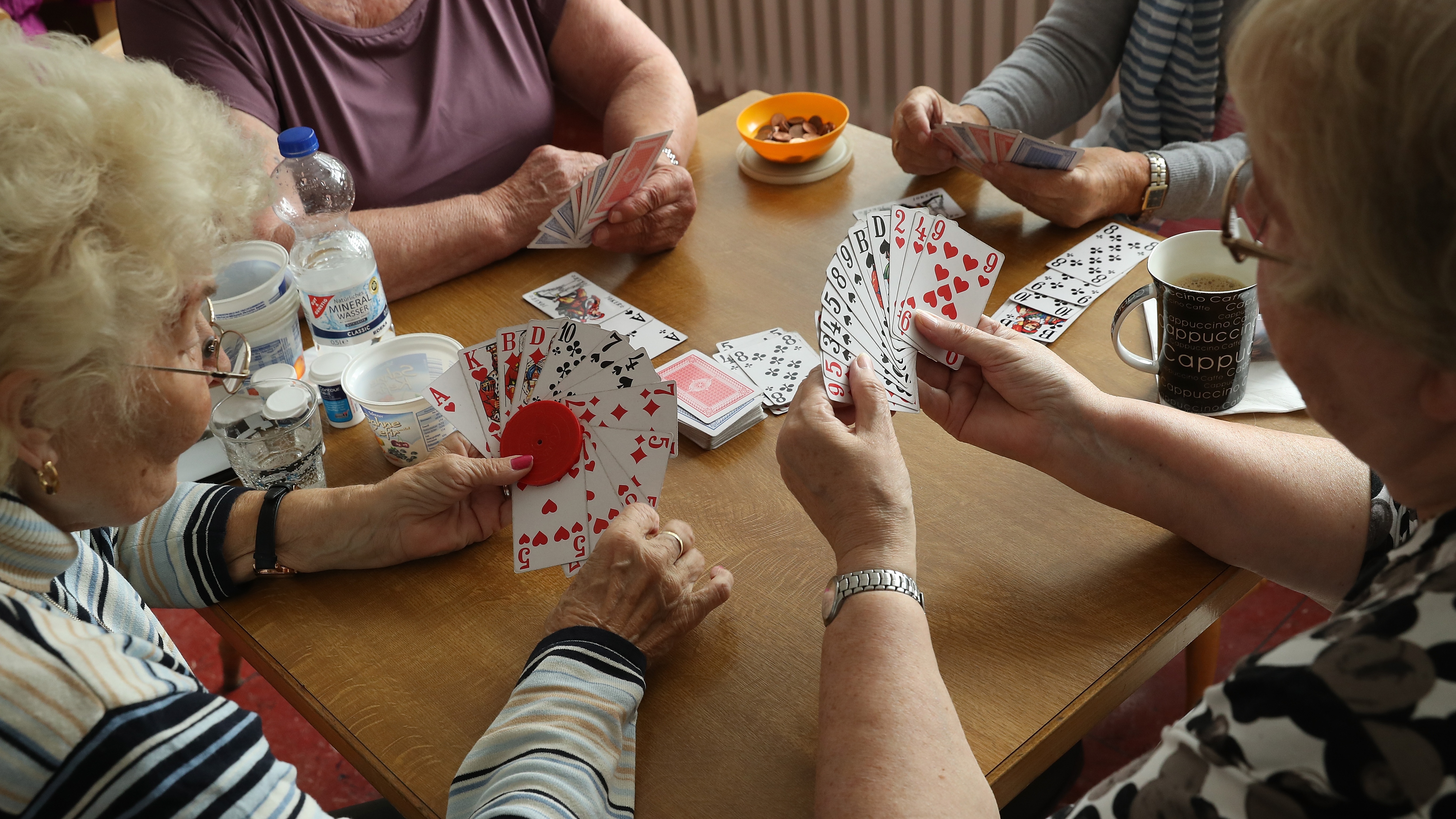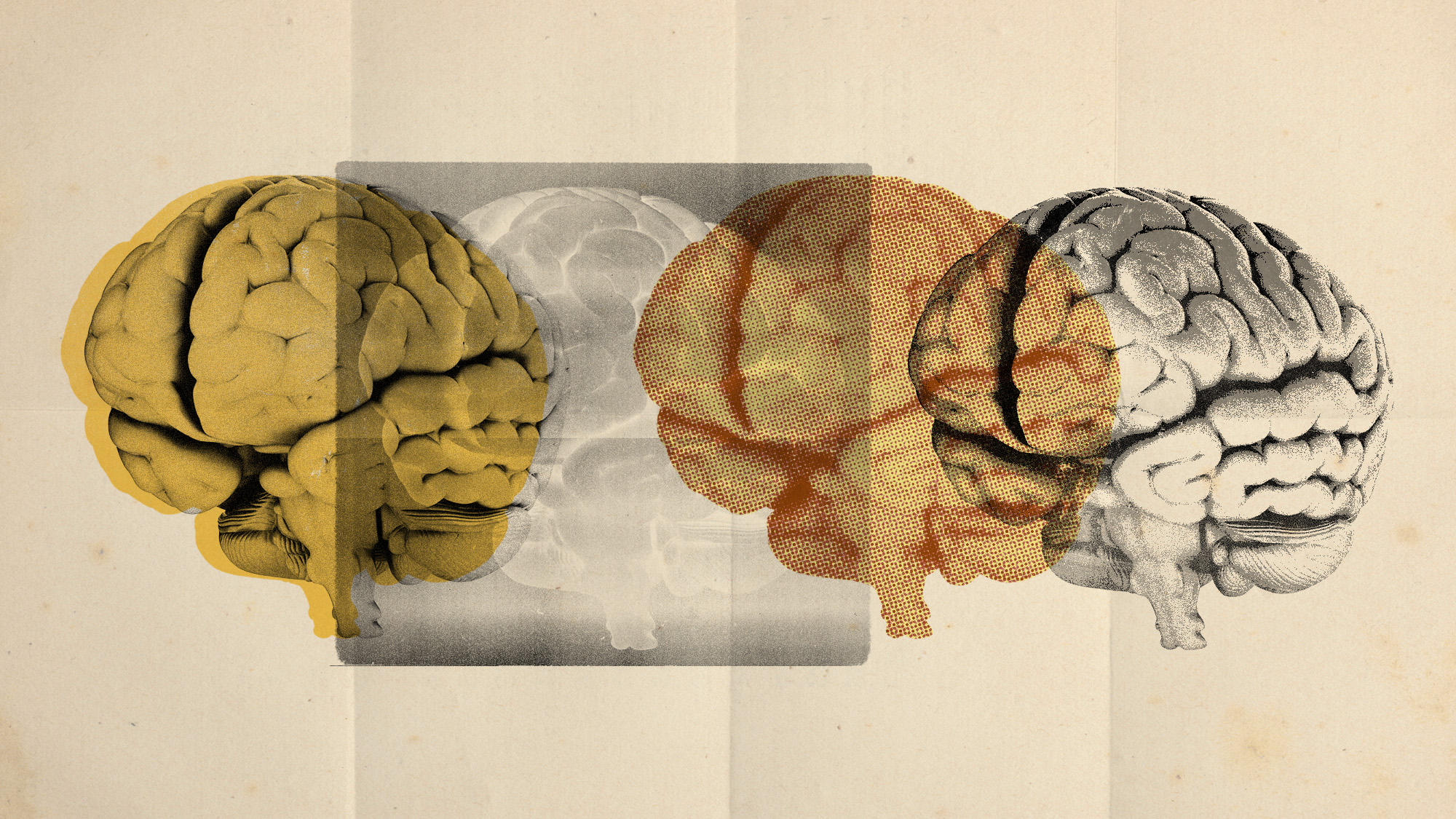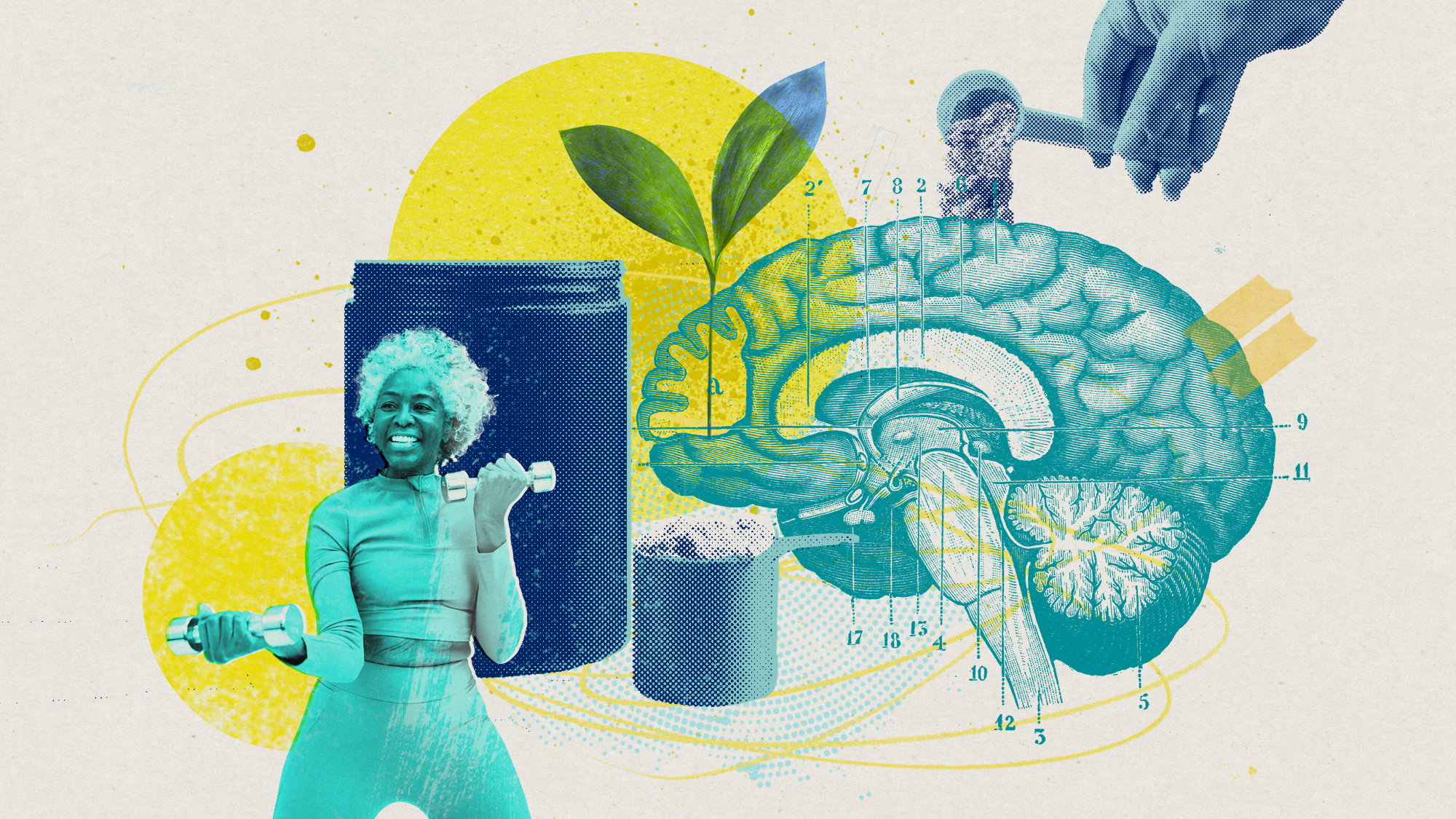What is social prescribing?
Help beyond medication may become a lifeline for the NHS in post-pandemic times

A free daily email with the biggest news stories of the day – and the best features from TheWeek.com
You are now subscribed
Your newsletter sign-up was successful
An innovative health programme that links patients with non-medical, community-led projects and organisations looks likely to become far more widespread as a result of the Covid-19 pandemic.
Social prescribing, also known as community referral, is when GPs, nurses and other primary-care professionals refer people who are experiencing issues that can’t be fixed by medicine alone to local community groups and activities.
This measure can particularly help people who need extra support with their mental health, are suffering from one or more long-term health conditions, feel lonely or isolated, or have complex social needs – for example, living in unsatisfactory housing – which affect their wellbeing.
The Week
Escape your echo chamber. Get the facts behind the news, plus analysis from multiple perspectives.

Sign up for The Week's Free Newsletters
From our morning news briefing to a weekly Good News Newsletter, get the best of The Week delivered directly to your inbox.
From our morning news briefing to a weekly Good News Newsletter, get the best of The Week delivered directly to your inbox.
A social prescription offers help beyond medication or referrals to other health specialists. For example, a person suffering from loneliness may be connected to a community-led gardening project. Likewise, someone feeling anxious about being diagnosed with dementia might be signposted towards a dementia support group in their neighbourhood. Or a person experiencing financial stress could be provided with the details of a local initiative that might advise them.
According to the Mayor of London’s website, at least 20% of people visit their GP for non-medical reasons. The aim of social prescribing is to reduce these non-essential visits to the doctor, as well as ensuring that people get the most appropriate support they need to maintain or improve their own mental health and wellbeing.
Where does the concept come from?
According to Wired magazine, the theory of social prescribing originates in foundational research by professors Sir Michael Marmot, from University College London, and Richard Wilkinson, from Nottingham University. Their research suggested that a person’s health is largely determined by social factors, for example their work, environment and relationships.
A free daily email with the biggest news stories of the day – and the best features from TheWeek.com
The concept has existed in the UK for “a couple of decades”, said Wired, but “the cascading health consequences of a year in isolation has energised interest in the practice”. As the NHS continues to be stretched to its absolute capacity, “more health workers, policymakers and patients see social prescribing as part of the answer”.
What does the research say?
“There is a growing body of evidence that social prescribing can lead to a range of positive health and wellbeing outcomes,” said The King’s Fund, an independent charity working to improve health and care in England.
A social-prescribing programme in Shropshire, which was evaluated by the University of Westminster between 2017 and 2019, for example, found that people’s sense of wellbeing and loneliness improved as a result. At a three-month follow-up, the scheme’s leaders also found that GP appointments among participants had fallen by 40% compared to a control group.
A similar scheme in Bradford reported improvements in people’s health-related quality of life and sense of social connection. And initial analysis of a national social prescribing programme suggested that it could pay for itself over 18 to 24 months due to reduced NHS use, The King’s Fund has said.
NHS England recently committed to referring at least 900,000 people to social prescribing services by 2023/2024, saying: “This is the biggest investment in social prescribing by any national health system, and legitimises community-based activities and support alongside medical treatment as part of personalised care.”
It also quotes a survey that found 59% of GPs think social prescribing can help reduce their workload.
However, a briefing by the Welsh parliament published last month, concluded that the quality of evidence on the concept “is not robust and as yet, the evidence that social prescribing delivers cost savings over operating costs is not fully proven”.
Nursing Times magazine agreed that “social prescribing is viewed intuitively as having a benefit, but reviews conclude that evidence lags behind its implementation”.
Who provides social prescriptions?
Different models of social prescribing are currently in place across England. The majority involve a social-prescribing link worker, who may also be called a community navigator, community connector or support broker.
First introduced by the NHS in 2019, link workers liaise with family doctors and other health workers to understand why a patient is seeking help in the first place. They then provide the patient with personal support, likely in the form of helping them “to get involved with activities such as sports teams, cooking classes or social clubs, or taking up life skill courses to improve their wellbeing”, says the NHS.
According to NHS England, there are various ways in which a patient may be referred to a social-prescribing link worker from their local area, for example by their GP, pharmacy, a hospital discharge team or by a social worker. People can also self-refer.
In August 2020, NHS England announced that it was recruiting a “growing army” of link workers “to combat loneliness and isolation fuelled by coronavirus”.
How is social prescribing linked to Covid?
Link workers have been “front and centre” of the NHS’s Covid-19 response, supporting vulnerable people “with everything from accessing vital medicine to relieving loneliness during the lockdown”, according to Nikki Kanani, a London-based GP and the NHS’s medical director for primary care.
As England enters the next stage of the pandemic – where we must learn to adapt to life with the virus and begin to process the impact of the last 18 months – social prescribing is likely to become a lifeline for hundreds of thousands of people, as well as our overstretched health system.
Kate Samuelson is The Week's former newsletter editor. She was also a regular guest on award-winning podcast The Week Unwrapped. Kate's career as a journalist began on the MailOnline graduate training scheme, which involved stints as a reporter at the South West News Service's office in Cambridge and the Liverpool Echo. She moved from MailOnline to Time magazine's satellite office in London, where she covered current affairs and culture for both the print mag and website. Before joining The Week, Kate worked at ActionAid UK, where she led the planning and delivery of all content gathering trips, from Bangladesh to Brazil. She is passionate about women's rights and using her skills as a journalist to highlight underrepresented communities. Alongside her staff roles, Kate has written for various magazines and newspapers including Stylist, Metro.co.uk, The Guardian and the i news site. She is also the founder and editor of Cheapskate London, an award-winning weekly newsletter that curates the best free events with the aim of making the capital more accessible.
-
 The ‘ravenous’ demand for Cornish minerals
The ‘ravenous’ demand for Cornish mineralsUnder the Radar Growing need for critical minerals to power tech has intensified ‘appetite’ for lithium, which could be a ‘huge boon’ for local economy
-
 Why are election experts taking Trump’s midterm threats seriously?
Why are election experts taking Trump’s midterm threats seriously?IN THE SPOTLIGHT As the president muses about polling place deployments and a centralized electoral system aimed at one-party control, lawmakers are taking this administration at its word
-
 ‘Restaurateurs have become millionaires’
‘Restaurateurs have become millionaires’Instant Opinion Opinion, comment and editorials of the day
-
 ‘Longevity fixation syndrome’: the allure of eternal youth
‘Longevity fixation syndrome’: the allure of eternal youthIn The Spotlight Obsession with beating biological clock identified as damaging new addiction
-
 A real head scratcher: how scabies returned to the UK
A real head scratcher: how scabies returned to the UKThe Explainer The ‘Victorian-era’ condition is on the rise in the UK, and experts aren’t sure why
-
 How dangerous is the ‘K’ strain super-flu?
How dangerous is the ‘K’ strain super-flu?The Explainer Surge in cases of new variant H3N2 flu in UK and around the world
-
 RFK Jr. sets his sights on linking antidepressants to mass violence
RFK Jr. sets his sights on linking antidepressants to mass violenceThe Explainer The health secretary’s crusade to Make America Healthy Again has vital mental health medications on the agenda
-
 The ‘menopause gold rush’
The ‘menopause gold rush’Under the Radar Women vulnerable to misinformation and marketing of ‘unregulated’ products
-
 The app tackling porn addiction
The app tackling porn addictionUnder the Radar Blending behavioural science with cutting-edge technology, Quittr is part of a growing abstinence movement among men focused on self-improvement
-
 Scientists have identified 4 distinct autism subtypes
Scientists have identified 4 distinct autism subtypesUnder the radar They could lead to more accurate diagnosis and care
-
 'Wonder drug': the potential health benefits of creatine
'Wonder drug': the potential health benefits of creatineThe Explainer Popular fitness supplement shows promise in easing symptoms of everything from depression to menopause and could even help prevent Alzheimer's